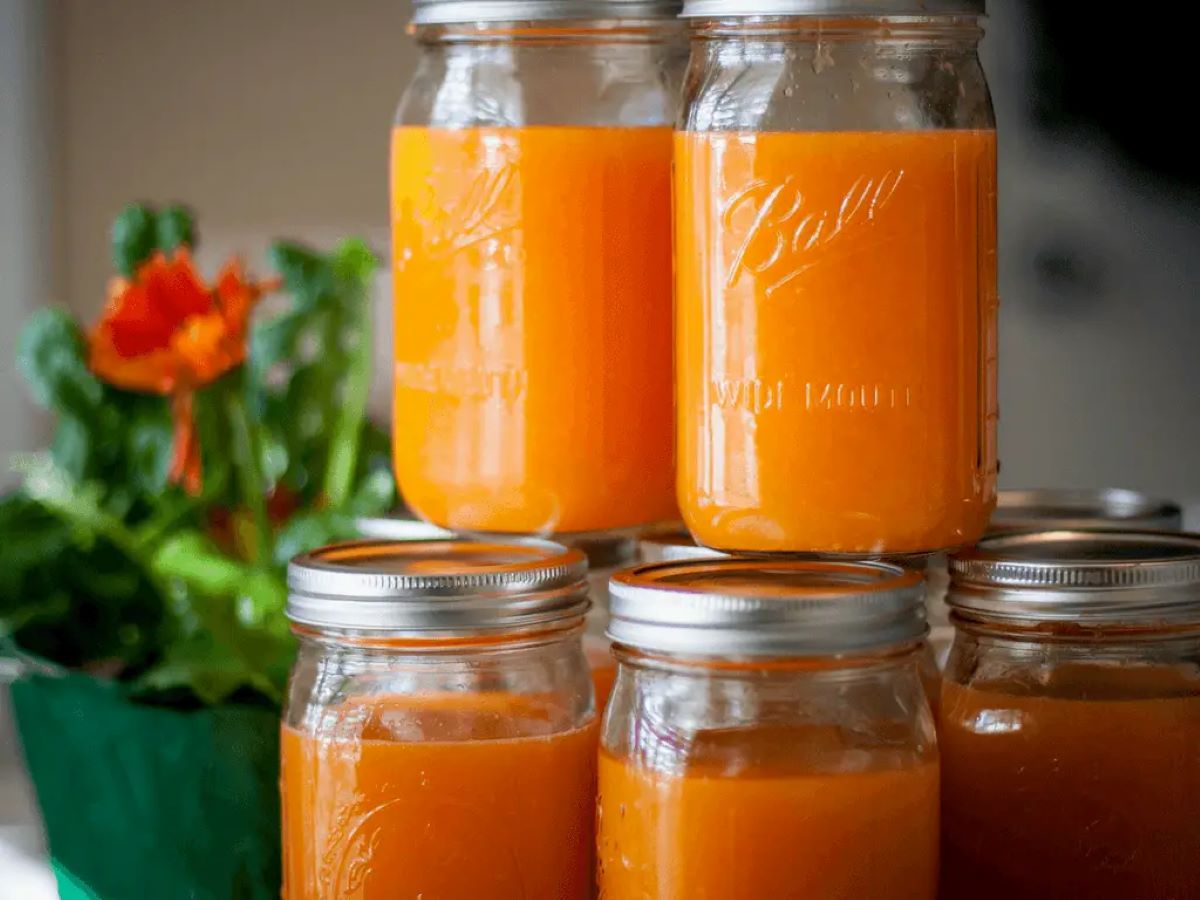

Articles
How To Store Juice From Juicer
Modified: January 8, 2024
Learn how to store juice from your juicer in this comprehensive guide. Find out the best practices for preserving the freshness and nutrients of your freshly squeezed juice.
(Many of the links in this article redirect to a specific reviewed product. Your purchase of these products through affiliate links helps to generate commission for Storables.com, at no extra cost. Learn more)
Introduction
Storing juice from a juicer is a convenient way to have fresh, nutrient-rich beverages on hand whenever you need them. Whether you’re pressed for time or want to make the most of seasonal produce, proper storage techniques can help you enjoy the benefits of freshly squeezed juice for longer periods.
In this article, we will explore the various benefits of storing juice from a juicer, guide you in choosing the right storage containers, provide tips on preparing the juice for storage, share proper techniques for storing juice, offer suggestions for extending its shelf life, highlight safety precautions to follow, and address some commonly asked questions.
So, if you’re an avid juicer or just starting out, read on to discover how to store juice from a juicer effectively!
Key Takeaways:
- Enjoy the convenience and health benefits of freshly squeezed juice by storing it from your juicer. Save time, preserve nutrients, and reduce waste while experimenting with new flavor combinations.
- Choose the right storage containers, prepare the juice properly, and follow safety precautions to extend the shelf life of your juicer juice. Refrigerate, freeze, or vacuum seal for long-lasting freshness and flavor.
Read more: How Long Can You Store Juice From Juicer
Benefits of Storing Juice from Juicer
Storing juice from a juicer offers several benefits that make it an appealing option for juicing enthusiasts. Here are some advantages of storing juice:
- Convenience: Storing juice allows you to have a ready-to-drink beverage whenever you want. You can prepare a batch of juice in advance and have it readily available for quick and easy consumption.
- Time-saving: Juicing can be a time-consuming process, especially if you’re using a slow juicer or have a busy schedule. By storing juice, you can reduce the time spent on juicing multiple times a day and still enjoy fresh juice on demand.
- Preserving nutrients: Freshly squeezed juice is packed with vitamins, minerals, and enzymes that are beneficial for your health. Storing the juice properly can help retain these nutrients for a longer period, ensuring you still get the maximum nutritional value from your juice.
- Budget-friendly: Juicing can be an investment, both in terms of the equipment and the ingredients. By storing juice, you can take advantage of bulk buying or discounts on produce, allowing you to save money in the long run.
- Reduce food waste: Storing juice enables you to use up fruits and vegetables that may be approaching their expiration date or are slightly overripe. Rather than letting them go to waste, you can juice them and store the excess for later consumption.
- Increased variety: With stored juice, you have the flexibility to experiment with different flavor combinations and create your own juice blends. This allows you to enjoy a wider variety of flavors and maximize the nutritional benefits by incorporating a diverse range of fruits and vegetables.
By understanding these benefits, you can make the most out of your juicing experience and enjoy the convenience and health benefits of stored juice from your juicer.
Choosing the Right Storage Containers
When it comes to storing juice from a juicer, selecting the right containers is essential to maintain the freshness and quality of the juice. Here are some factors to consider when choosing storage containers:
- Material: Look for containers made of glass or BPA-free plastic, as these materials do not react with the juice and do not leach harmful chemicals. Glass containers are preferred as they are non-porous and do not retain odors or flavors from previous uses.
- Size: Choose containers that can accommodate your desired amount of juice. It’s a good idea to have a variety of sizes, ranging from small individual portions to larger bottles or jars for storing larger quantities.
- Airtight lids: Opt for containers with tight-sealing, leak-proof lids. This prevents air from entering the container, which can lead to oxidation and spoilage of the juice. Airtight lids also help preserve the flavor and freshness of the juice for a longer duration.
- Transparency: Clear containers allow you to easily see the contents, making it convenient to identify and choose the juice you desire. This is especially useful if you have different flavors or combinations of juice stored.
- Freezer-safe: If you plan to store juice in the freezer, ensure that the containers are freezer-safe. Not all materials can withstand freezing temperatures, which can cause them to crack or break. Look for containers specifically labeled as freezer-safe.
By considering these factors, you can select the most suitable storage containers to preserve the freshness, taste, and quality of your juicer juice. Remember, investing in high-quality containers is a worthwhile investment as they will contribute to maintaining the integrity of your stored juice.
Preparing the Juice for Storage
Properly preparing the juice before storing it is crucial to maintain its quality and freshness. Here are some steps to follow when preparing juice for storage:
- Choose the right time: Ideally, juice should be consumed immediately after extraction to get the maximum nutritional benefits. However, if you need to store the juice, try to do so promptly after juicing to minimize nutrient loss.
- Separate pulp and foam: If you prefer a smoother texture, strain the juice to remove any pulp or foam. This will help prevent the juice from becoming thick or developing an off taste during storage.
- Add lemon juice: To help preserve the freshness of the juice, consider adding a small amount of lemon juice to the mixture. The citric acid in lemon juice acts as a natural preservative and can help slow down the oxidation process.
- Avoid excessive air exposure: Air exposure can cause the juice to oxidize and lose its flavor and nutritional value. Fill the storage containers as close to the top as possible to minimize the amount of air in each container.
- Label and date: It’s a good practice to label each storage container with the type of juice and the date it was prepared. This allows you to keep track of the freshness and rotation of your stored juices.
By following these steps, you can ensure that your juice remains fresh and flavorful for an extended period. Properly preparing the juice before storage sets the stage for proper storage techniques, which we will explore in the next section.
Proper Techniques for Storing Juice from Juicer
To maintain the freshness and quality of juice from a juicer, it is important to follow the proper techniques for storing. Here are some methods to ensure the longevity of your juicer juice:
- Refrigeration: The refrigerator is the most common and convenient place to store freshly squeezed juice. Once you have prepared the juice, transfer it to a clean and airtight container. Store the juice in the refrigerator at a temperature below 40°F (4°C) to slow down the growth of bacteria and extend its freshness.
- Freezing: Freezing is another effective method to store juice for longer durations. However, it is important to note that freezing can alter the texture and flavor of some juices. Pour the juice into freezer-safe containers, leaving some headspace for expansion. Seal the containers tightly and label them with the date. Frozen juice can usually be stored for up to three months.
- Use vacuum sealers: Vacuum sealers are a great investment for storing juice as they remove the air from the container, preventing oxidation and extending the shelf life. Vacuum-sealed containers help in maintaining the freshness and flavors of the juice for a longer period.
- Single-serving containers: If you prefer portion control or want to have juice ready to grab and go, consider using single-serving containers. Fill each container with the desired amount of juice, leaving a little space at the top for expansion. This allows you to conveniently grab a portion whenever you need it without exposing the rest of the juice to air.
- Rotate your stock: Always practice the “first in, first out” rule to ensure you consume the oldest juice first. This helps in preventing spoilage and ensures that you enjoy your juice at its peak freshness.
By following these proper techniques for storing juice from your juicer, you can prolong its shelf life while maintaining its taste and nutritional value. Whether you choose refrigeration, freezing, vacuum sealing, or single-serving containers, find the method that works best for your preferences and needs.
Store fresh juice from a juicer in an airtight glass container in the refrigerator. Fill the container to the top to minimize air exposure and preserve the nutrients. Consume within 24-48 hours for the best quality.
Read more: How To Juice Wheatgrass With A Juicer
Tips for Extending the Shelf Life of Juicer Juice
To ensure that your juicer juice stays fresh and maintains its quality for as long as possible, here are some tips to extend its shelf life:
- Store in airtight containers: As mentioned earlier, using airtight containers is essential to prevent air exposure, which can lead to oxidation and spoilage. Ensure the lids are tightly sealed to keep out any air and maintain the freshness of the juice.
- Refrigerate promptly: After juicing, transfer the juice to the refrigerator as soon as possible. The cool temperature helps slow down the growth of bacteria and extends the shelf life of the juice.
- Keep away from light: Exposure to light can cause the breakdown of nutrients and affect the flavor of the juice. Store the juice in dark or opaque containers, or cover the containers with a towel or place them in a darker area of the refrigerator.
- Avoid excessive shaking: Try to minimize unnecessary shaking or movement of the juice, as this can introduce air into the container. Air exposure accelerates oxidation and can lead to a decrease in the quality of the juice.
- Do not store near strong-smelling foods: Juices are susceptible to absorbing odors from other foods in the refrigerator. Keep the juice containers away from strong-smelling items, such as onions, garlic, or seafood, to preserve the purity of the juice’s flavor.
- Separate juice into smaller portions: If you anticipate that you won’t consume the entire batch of juice at once, dividing it into smaller portions can help. By storing individual servings, you reduce the exposure to air and minimize the risk of contaminating the entire batch.
- Regularly clean storage containers: Cleanliness is essential for maintaining the quality of your juice. Properly wash and dry the containers before each use to prevent the growth of bacteria or mold that can contaminate the juice.
By implementing these tips, you can extend the shelf life of your juicer juice and continue to enjoy its freshness, taste, and nutritional benefits for a longer duration.
Safety Precautions while Storing Juice
While storing juice from a juicer is a convenient way to enjoy fresh beverages, it is important to follow some safety precautions to prevent any potential health risks. Here are some safety guidelines to keep in mind:
- Proper hygiene: Before handling the juice or storing containers, make sure to wash your hands thoroughly with soap and water. This helps prevent the transfer of harmful bacteria or contaminants to the juice.
- Use clean equipment: Ensure that all juicing equipment, including the juicer, cutting board, knives, and storage containers, are thoroughly cleaned with hot soapy water before and after each use. This prevents the buildup of bacteria and reduces the risk of contamination.
- Follow proper food storage temperatures: Refrigerate juice promptly after juicing to keep it at a safe temperature (below 40°F or 4°C). Avoid leaving juice at room temperature for an extended period, as it can lead to bacterial growth and spoilage.
- Discard spoiled juice: Inspect the stored juice regularly for any signs of spoilage, such as a foul odor, mold, or off flavors. If the juice appears or smells suspicious, it is best to err on the side of caution and discard it to avoid any potential foodborne illnesses.
- Avoid cross-contamination: When handling juice and storage containers, ensure that they do not come into contact with raw meat, poultry, seafood, or any other potentially hazardous food items. This helps reduce the risk of cross-contamination and the transfer of harmful bacteria.
- Do not store juice for too long: Even with proper storage techniques, juice will eventually lose its freshness and nutritional value over time. It is recommended to consume stored juice within 3-5 days in the refrigerator or within 3 months if frozen.
- When in doubt, throw it out: If you are unsure about the safety or quality of the juice, it is always better to be cautious. If there are any doubts or concerns, it is best to discard the juice to ensure your health and well-being.
By following these safety precautions, you can minimize the risk of foodborne illnesses and ensure that your stored juice remains safe and healthy to consume.
Frequently Asked Questions (FAQs)
Here are some commonly asked questions about storing juice from a juicer:
- Can I store juice from a juicer at room temperature?
It is not recommended to store juice from a juicer at room temperature for an extended period. The lack of refrigeration can promote bacterial growth and spoilage. It is best to refrigerate or freeze the juice promptly after juicing. - How long can I store juice in the refrigerator?
In the refrigerator, freshly squeezed juice can typically be stored for 3-5 days. However, it is important to use your judgment and inspect the juice for any signs of spoilage before consuming. If the juice appears or smells off, it is best to discard it to avoid any potential health risks. - Can I freeze juice from a juicer?
Yes, you can freeze juice from a juicer. Freezing can help extend the shelf life of the juice for up to 3 months. However, keep in mind that some changes in texture and flavor may occur after freezing and thawing. It is recommended to use freezer-safe containers and leave some headspace for expansion when freezing juice. - What is the best way to thaw frozen juice?
The best way to thaw frozen juice is to transfer it from the freezer to the refrigerator and allow it to thaw slowly overnight. Once fully thawed, gently shake or stir the juice to reincorporate any separation that may have occurred during freezing. Avoid thawing juice at room temperature to prevent the growth of bacteria. - Can I store juice in glass containers?
Yes, glass containers are an excellent choice for storing juice. Glass is non-reactive and does not leach harmful chemicals into the juice. It also helps preserve the flavor and freshness of the juice without retaining any odors or flavors from previous uses. - What can I do with leftover pulp from juicing?
Leftover pulp from juicing can be used in various ways. You can incorporate it into baked goods such as muffins or bread, add it to smoothies or soups for added fiber, or compost it as a nutrient-rich addition to your garden. Get creative and experiment with different recipes to make the most of the pulp.
These answers to frequently asked questions should help address some concerns and provide clarity on storing juice from a juicer. If you have any additional questions or uncertainties, it is always best to refer to the manufacturer’s guidelines or seek advice from a reputable source.
Conclusion
Storing juice from a juicer allows you to enjoy the benefits of freshly squeezed juice at your convenience. By following the proper techniques and taking necessary precautions, you can extend the shelf life of your juice while preserving its taste and nutritional value.
We discussed the benefits of storing juice, including convenience, time-saving, nutrient preservation, budget-friendliness, waste reduction, and increased variety. Choosing the right storage containers, such as glass or BPA-free plastic, with airtight lids, is important to maintain the freshness of the juice.
Properly preparing the juice for storage, such as straining pulp and adding lemon juice, can help preserve the flavor and quality. Refrigeration, freezing, vacuum sealing, and using single-serving containers are effective methods for storing juice, depending on your preferences and needs.
To extend the shelf life of your juicer juice, it’s crucial to store it in airtight containers, promptly refrigerate it, keep it away from light, avoid excessive shaking, and separate it into smaller portions. Regularly inspecting the juice and practicing proper hygiene and food safety precautions are essential for maintaining its safety.
Lastly, we addressed common FAQs, including room temperature storage, refrigerator shelf life, freezing, thawing, using glass containers, and utilizing leftover pulp.
Remember, while storing juice allows for greater flexibility and convenience, it is important to pay attention to freshness and quality. Trust your senses and if in doubt, it’s always better to err on the side of caution and discard the juice if it appears or smells off.
Mastering the art of storing juice from a juicer will help you harness the benefits of juicing, minimize waste, and enjoy flavorful and nourishing beverages whenever you desire. So go ahead, juice to your heart’s content, and savor the goodness of your stored juice!
Frequently Asked Questions about How To Store Juice From Juicer
Was this page helpful?
At Storables.com, we guarantee accurate and reliable information. Our content, validated by Expert Board Contributors, is crafted following stringent Editorial Policies. We're committed to providing you with well-researched, expert-backed insights for all your informational needs.
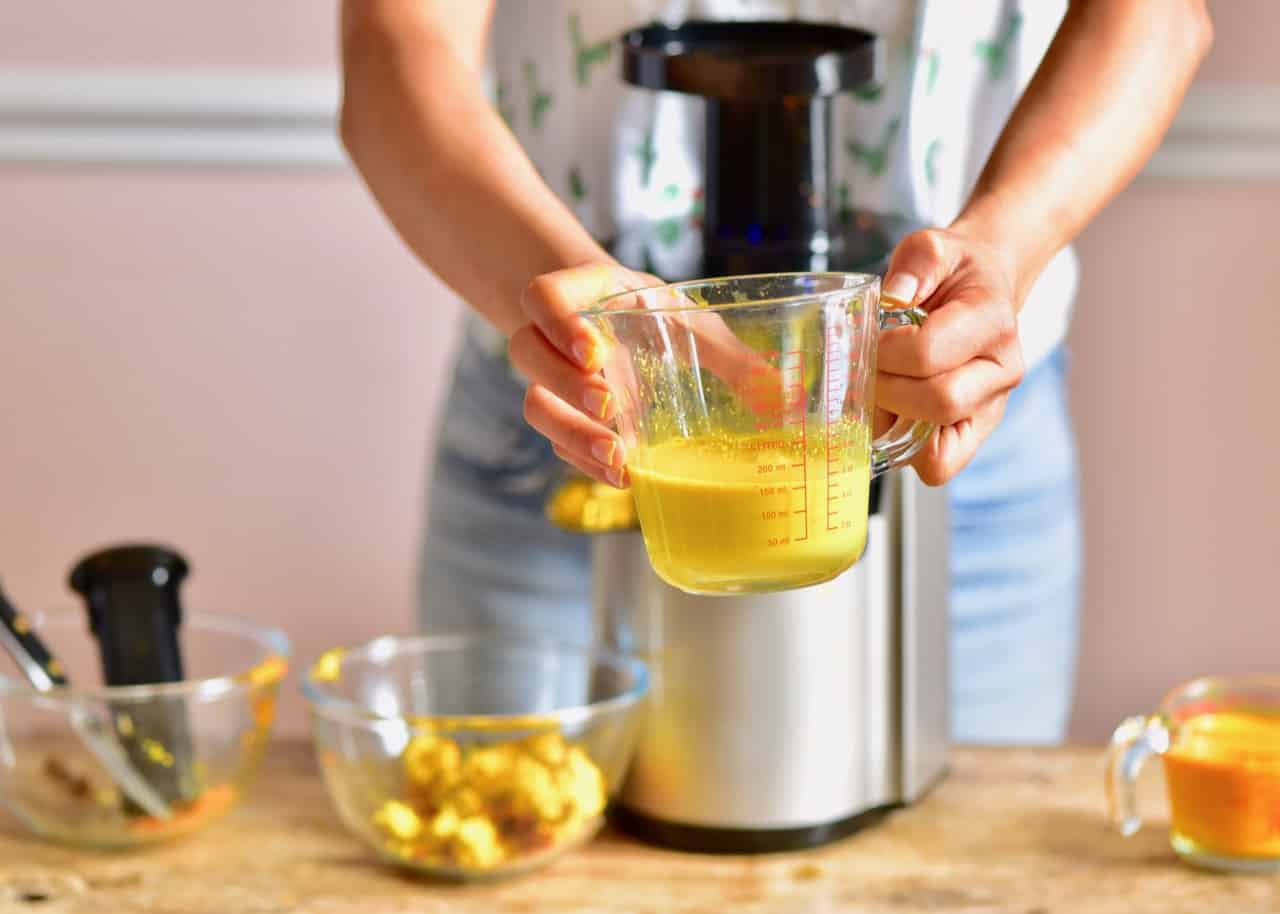
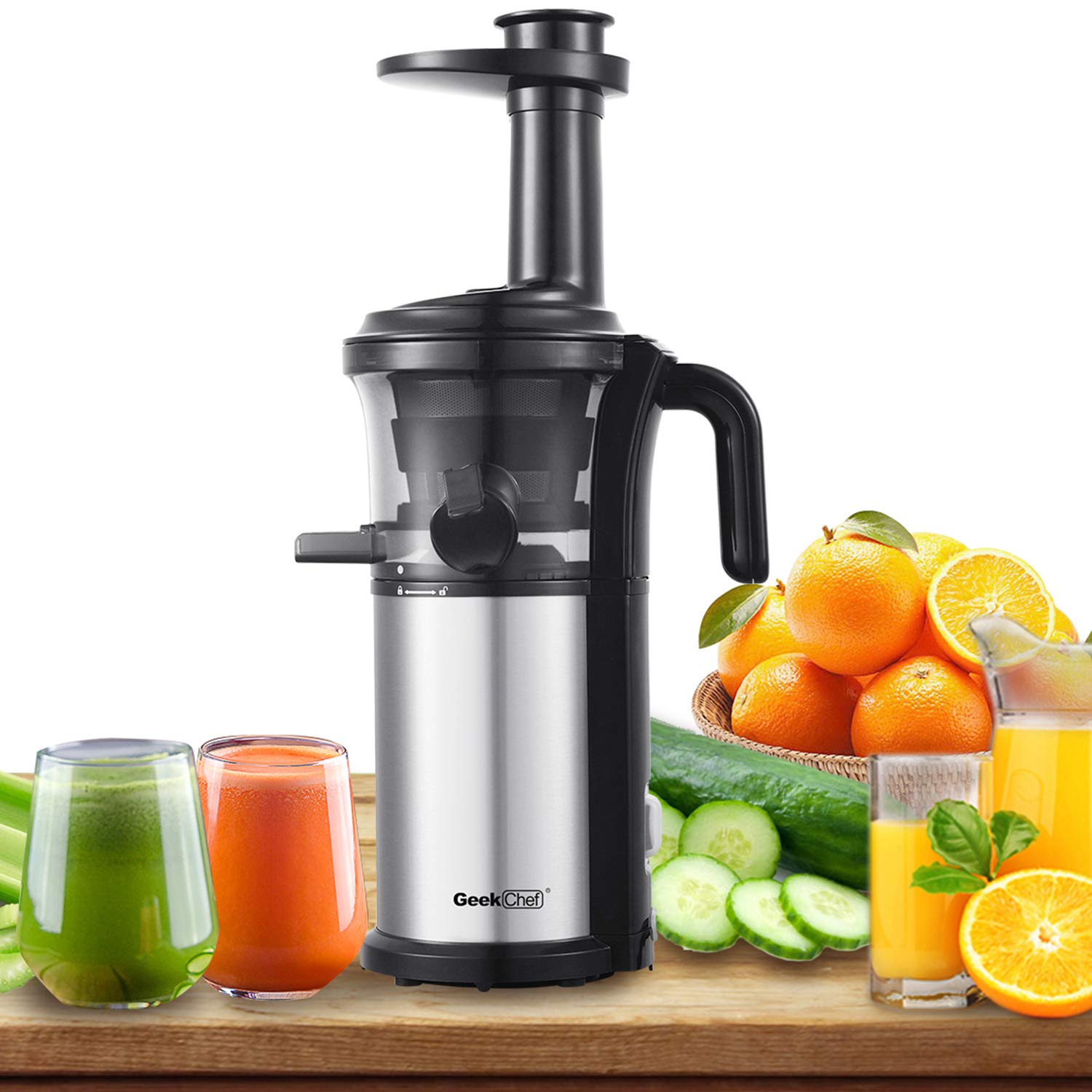
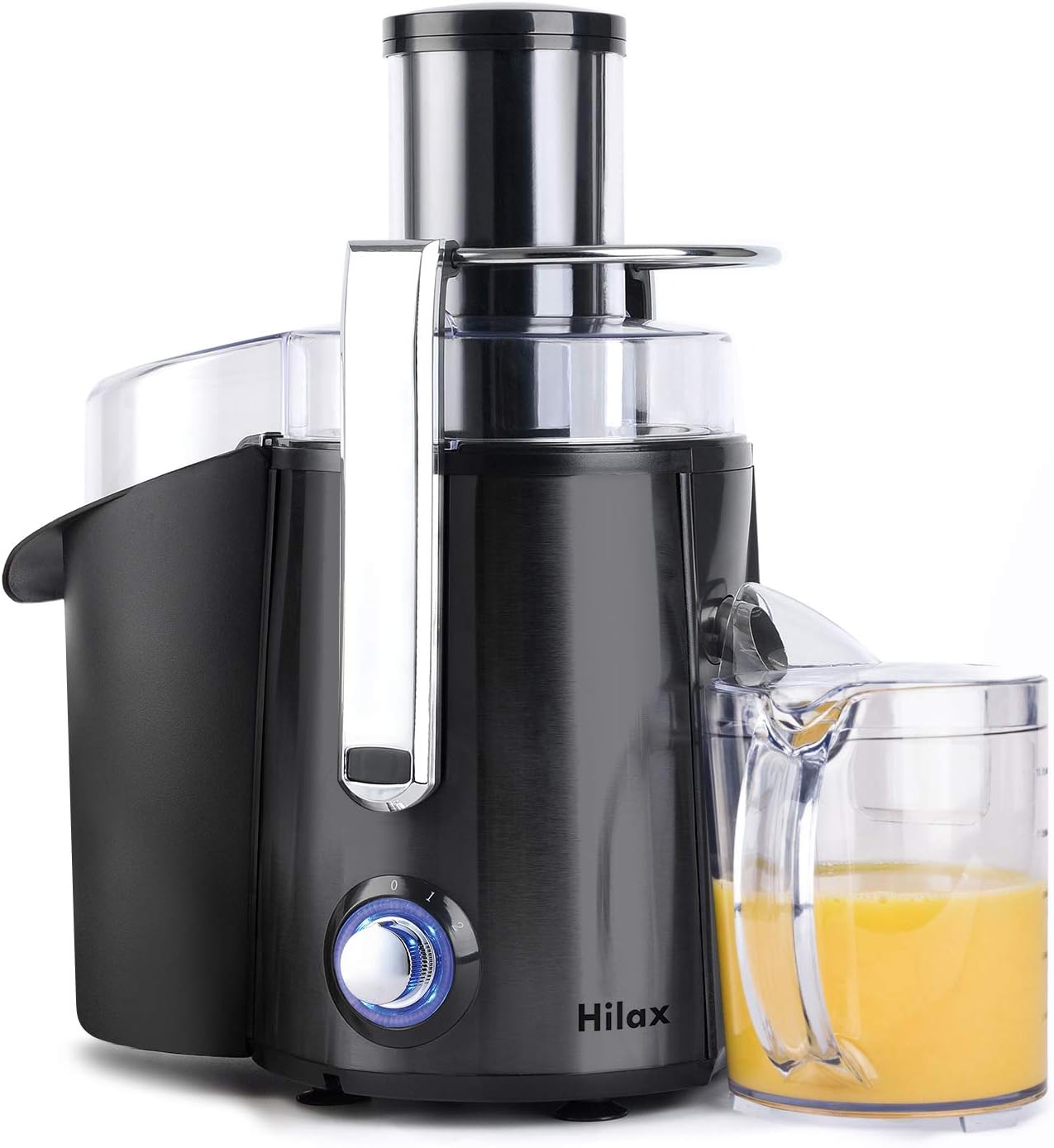

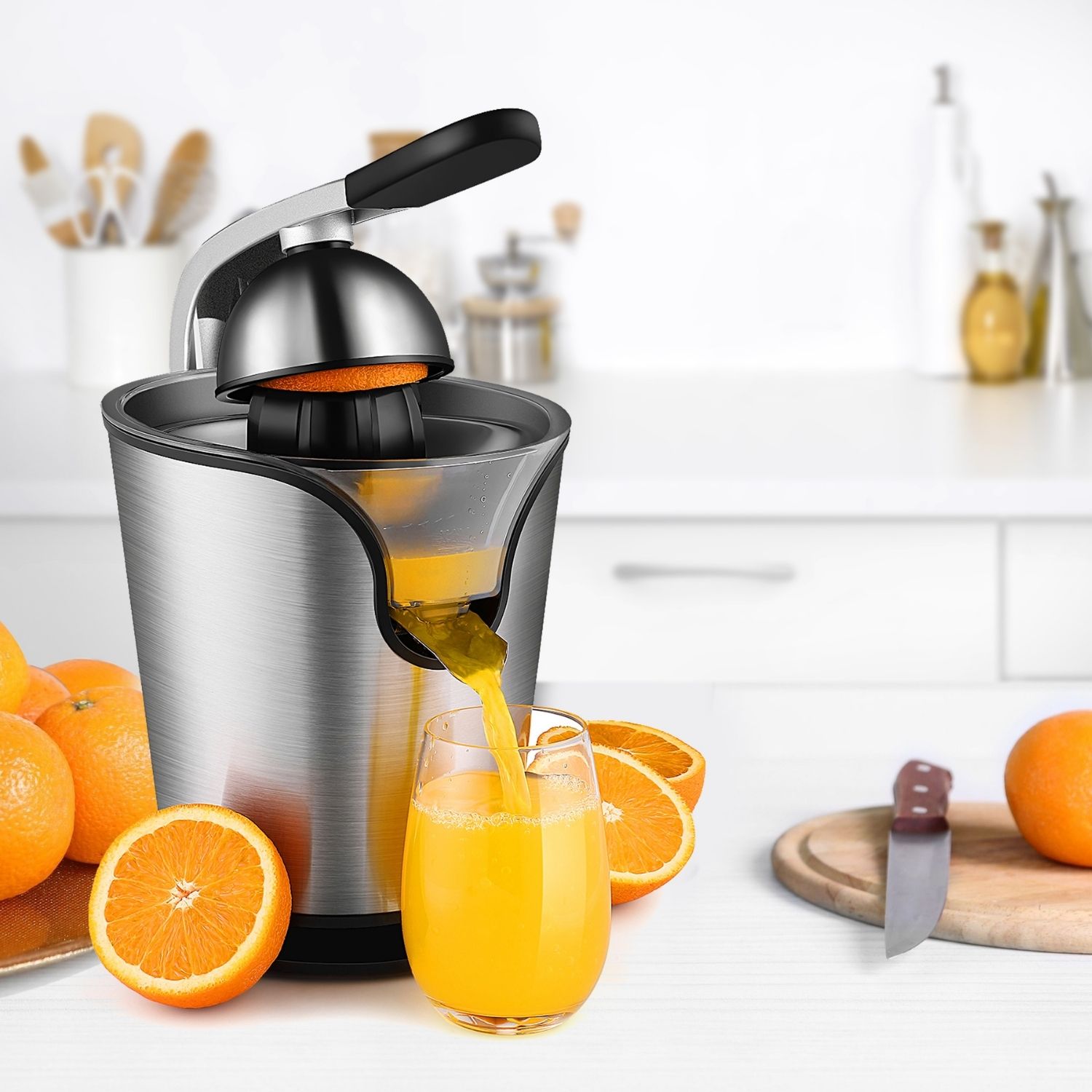
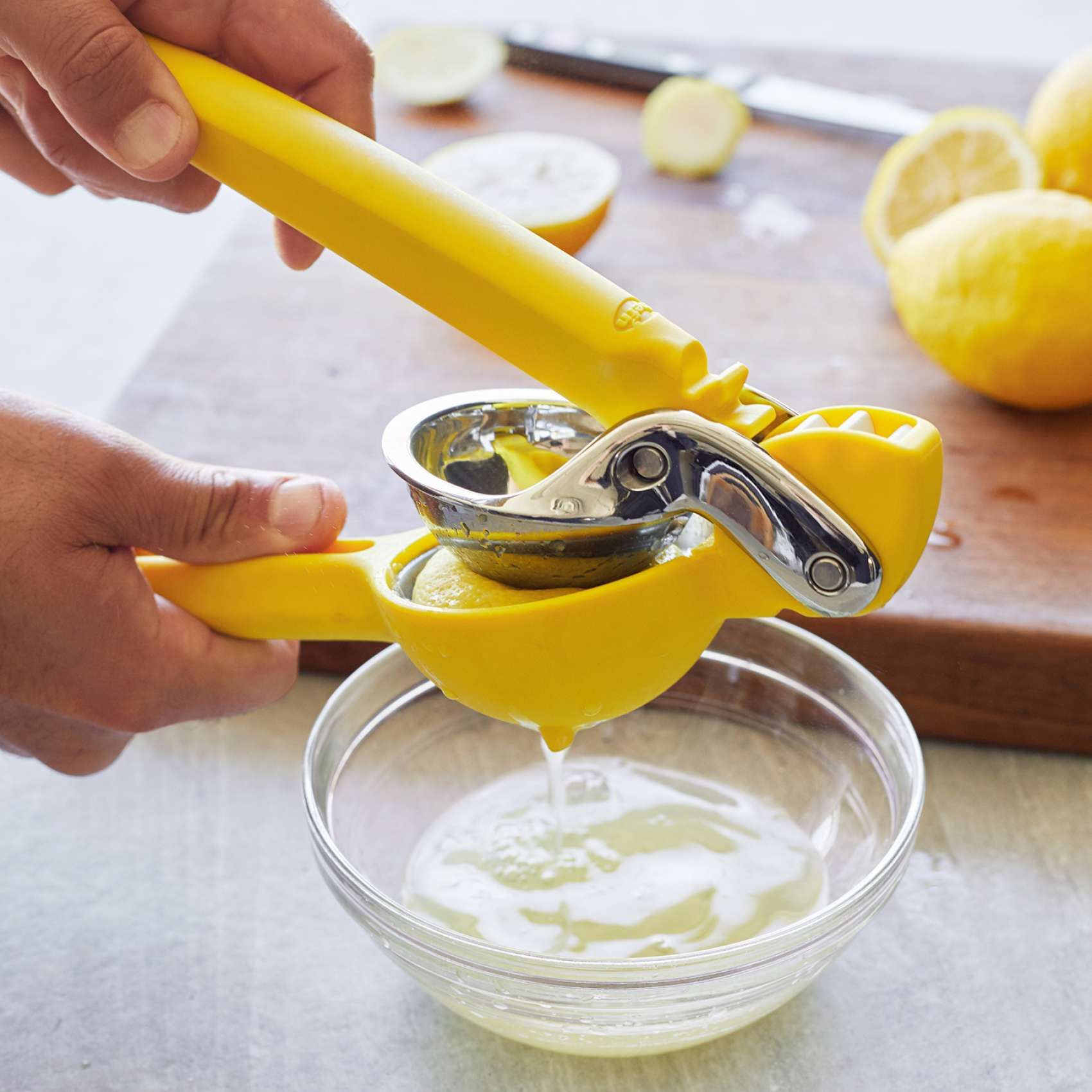
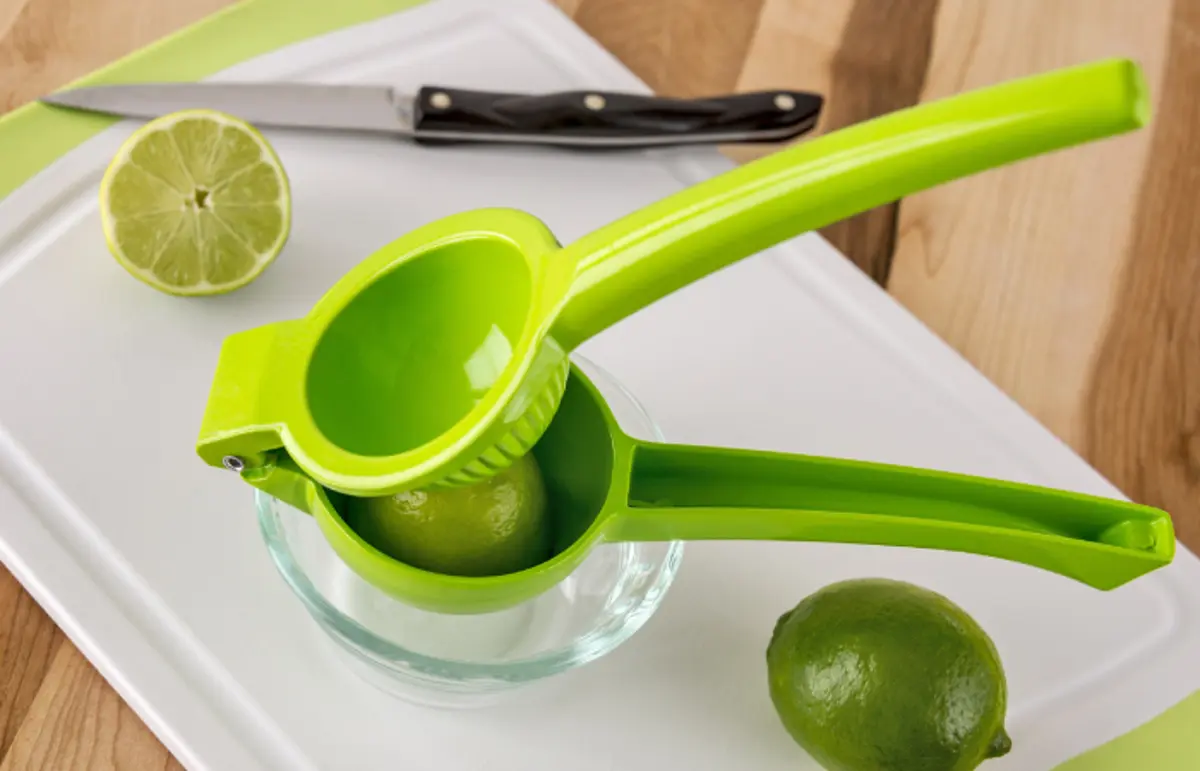
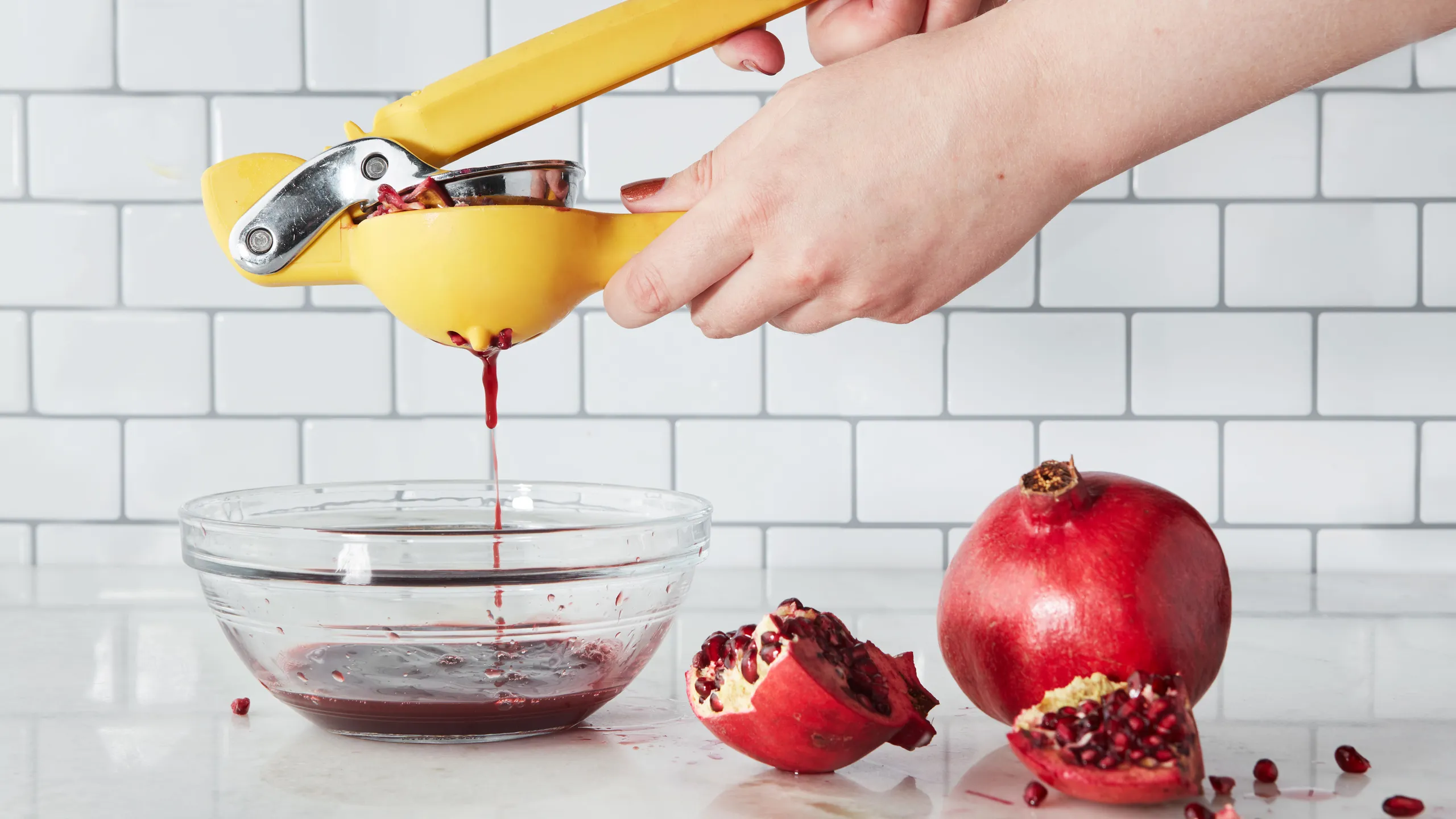
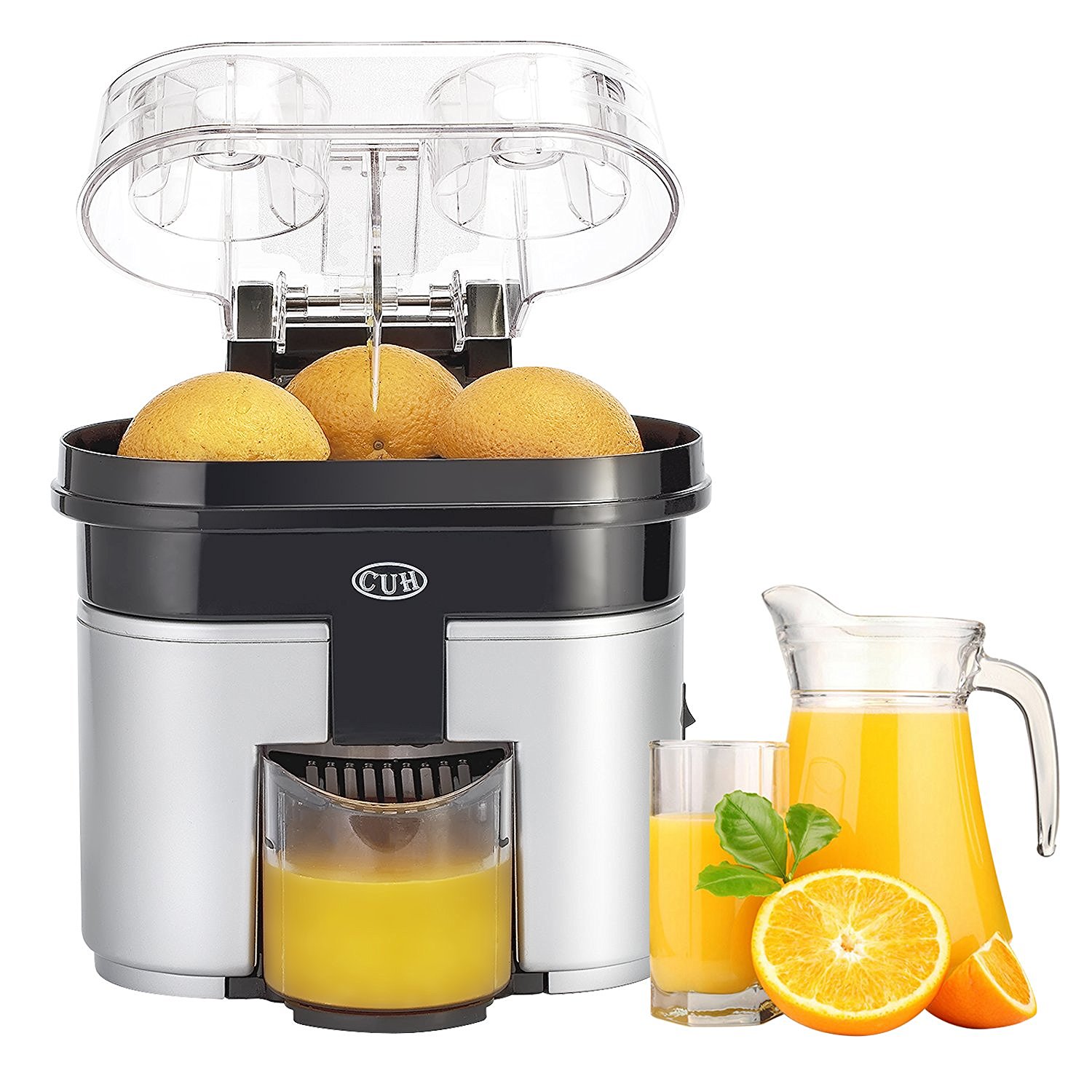
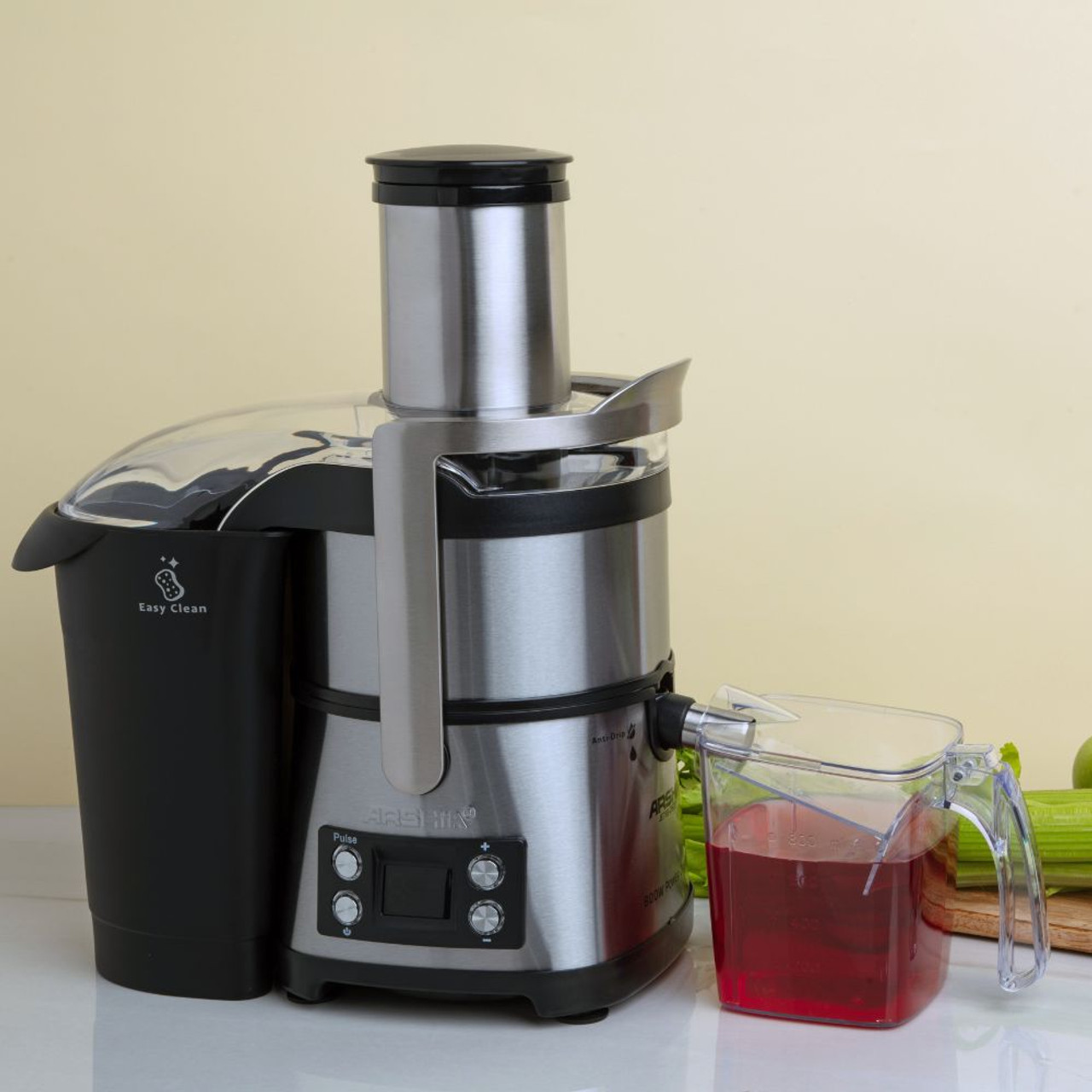
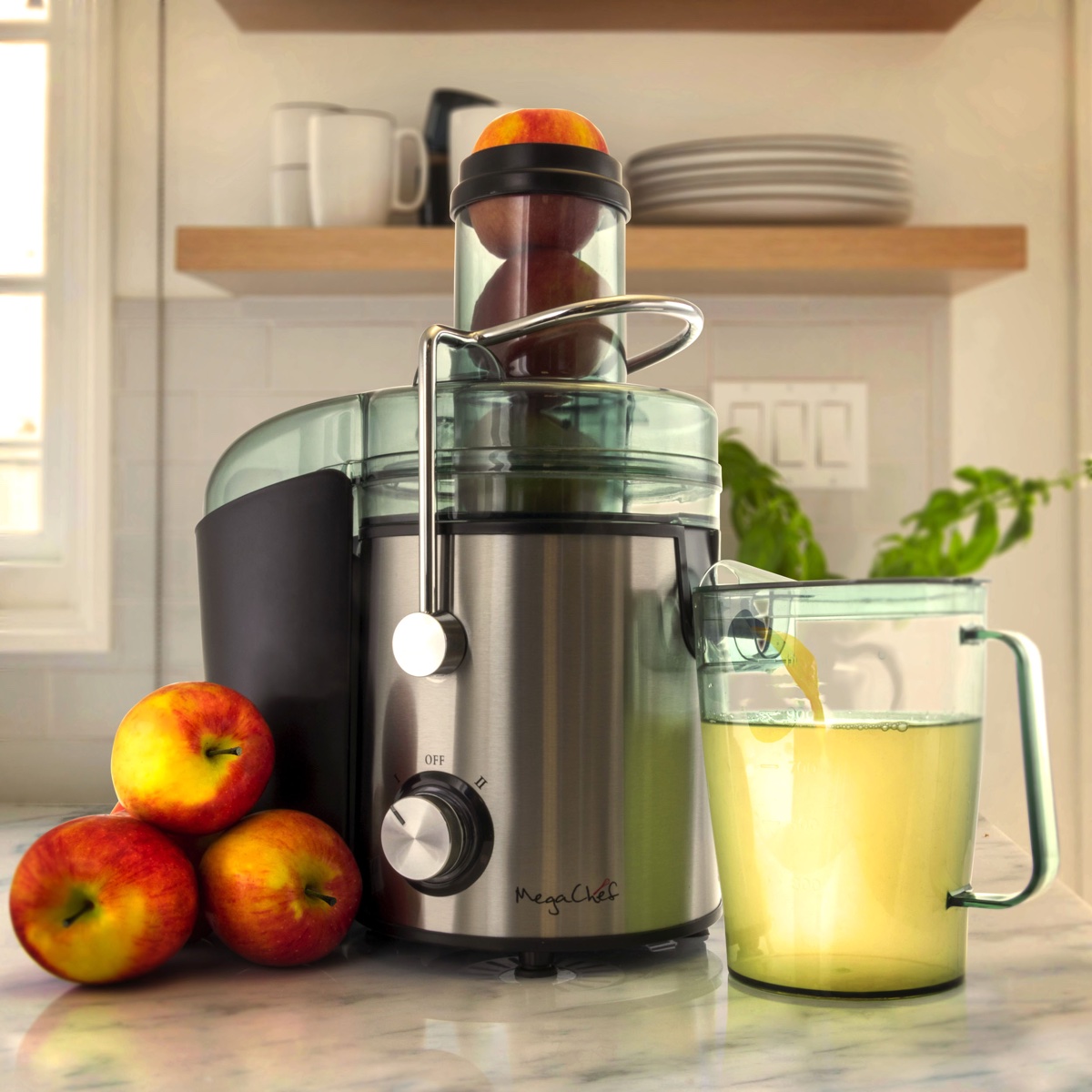
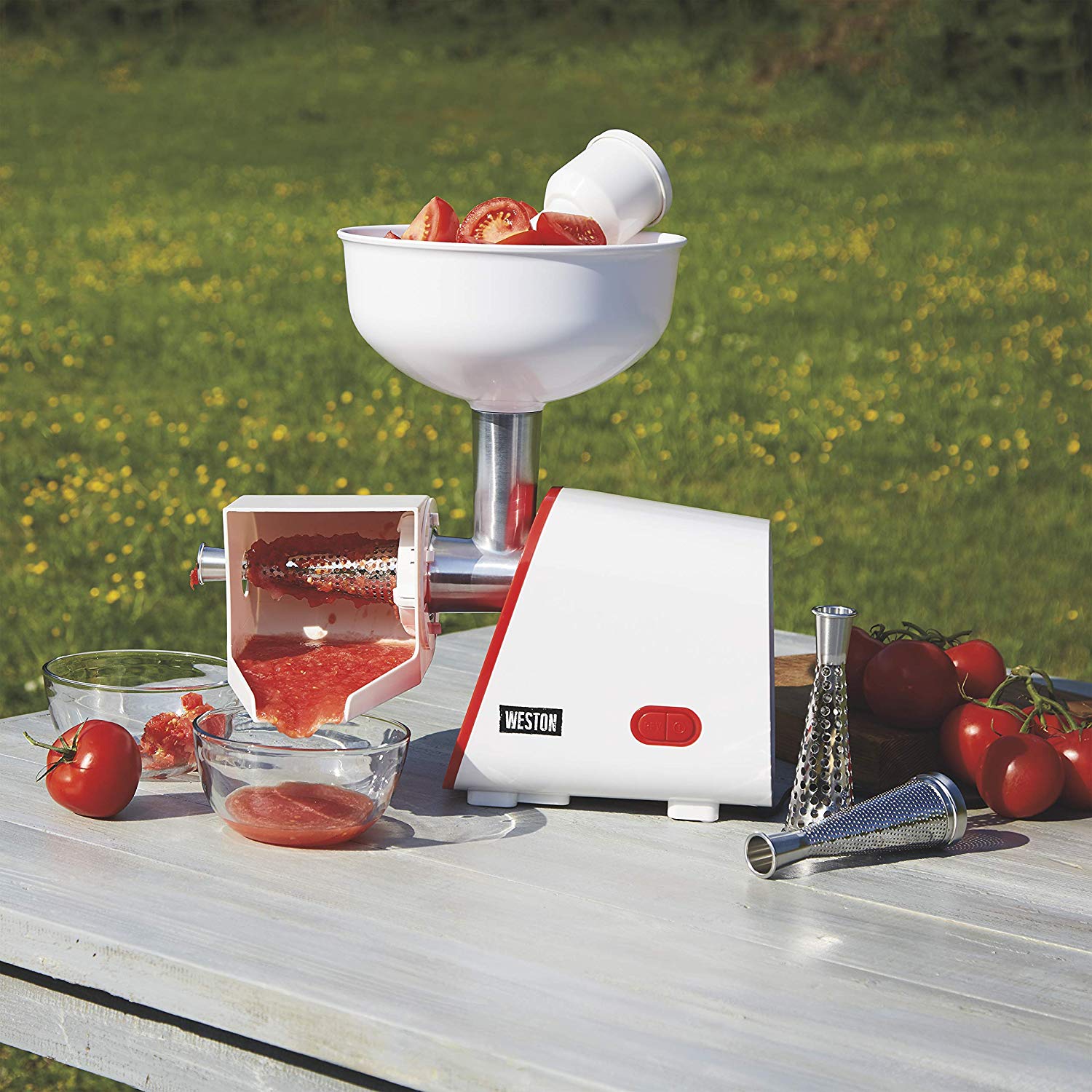
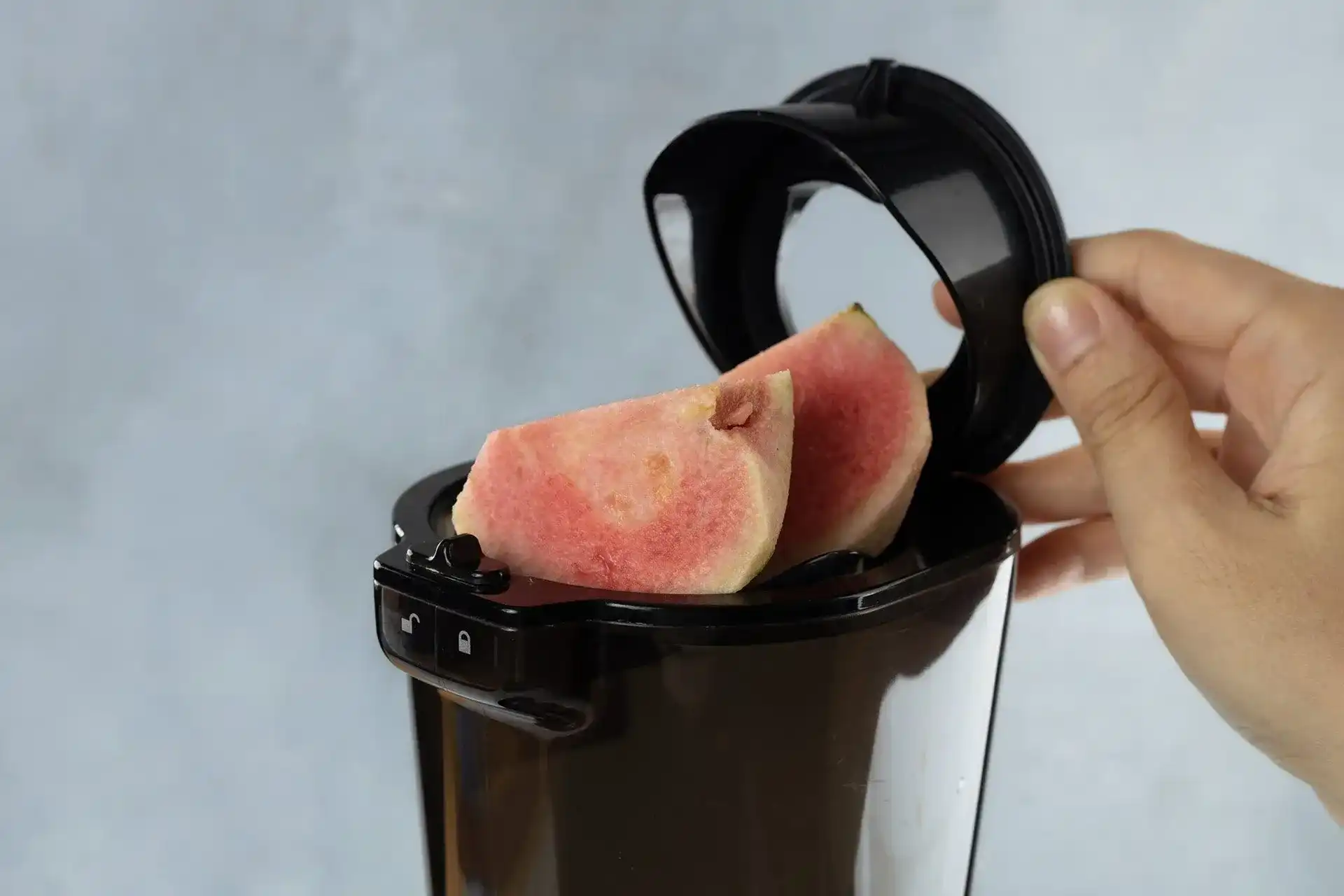
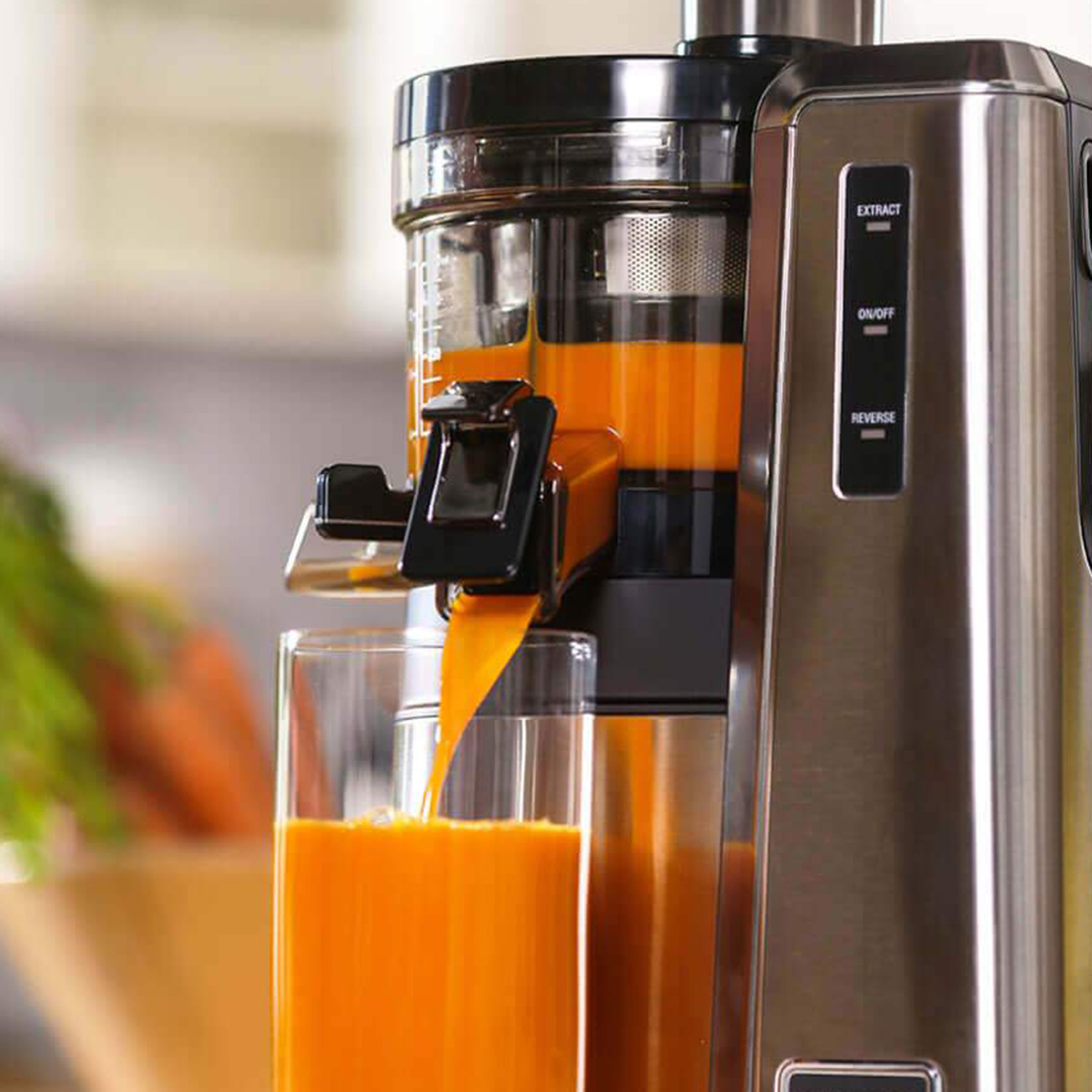

0 thoughts on “How To Store Juice From Juicer”